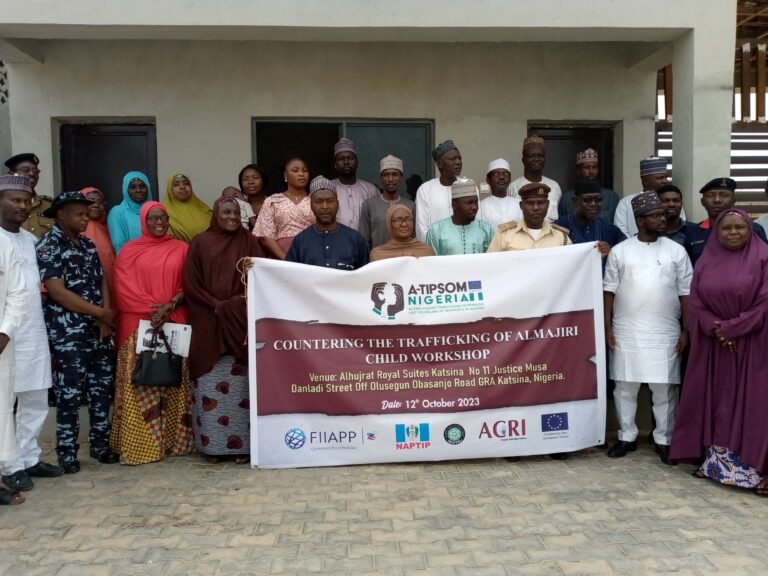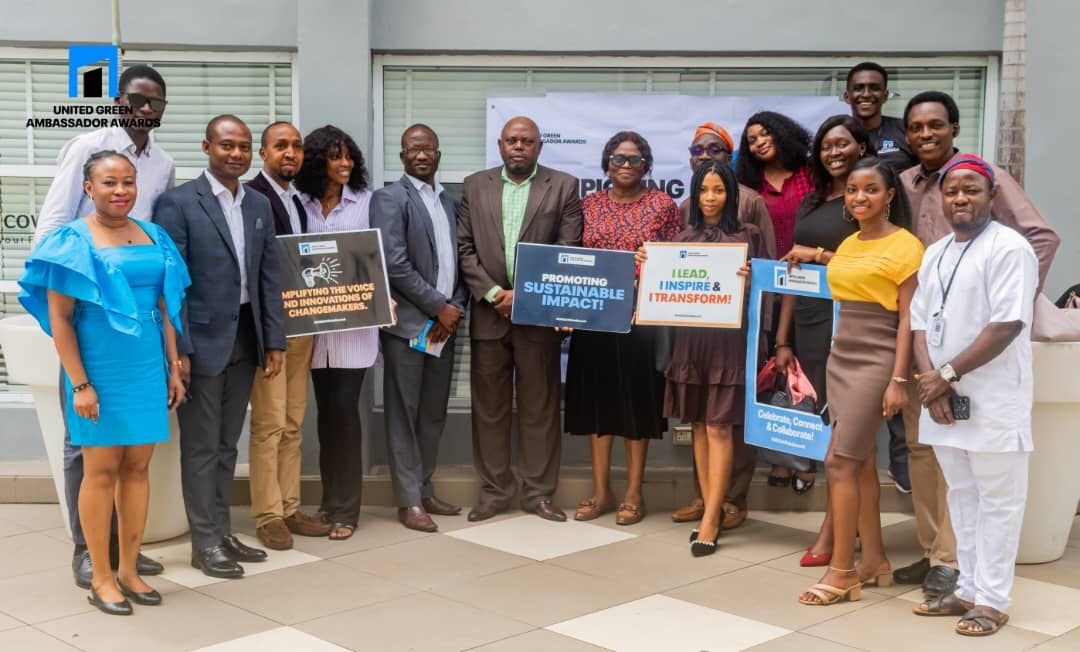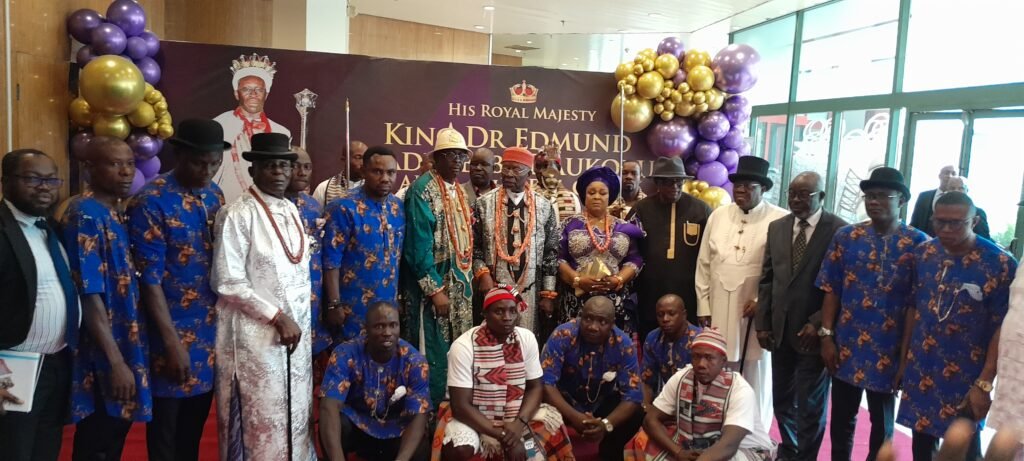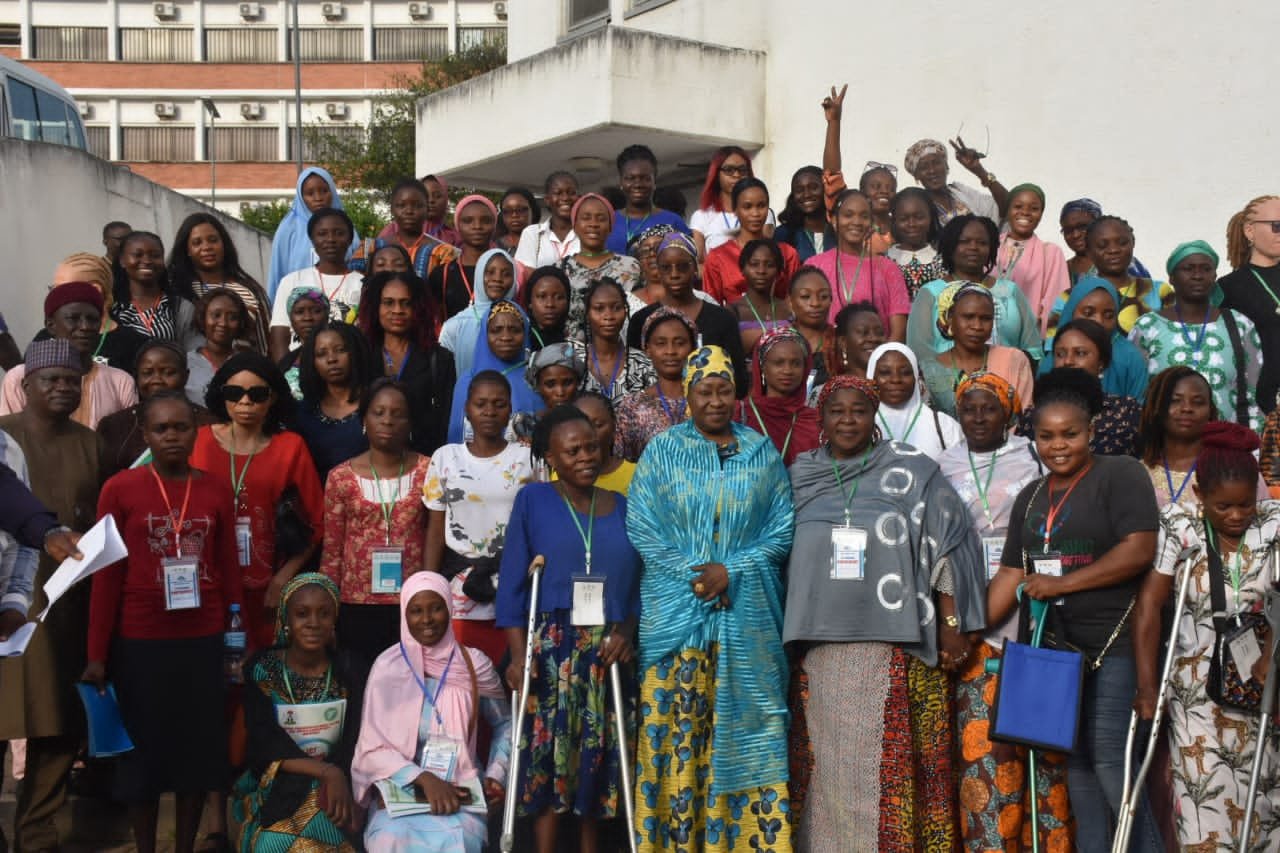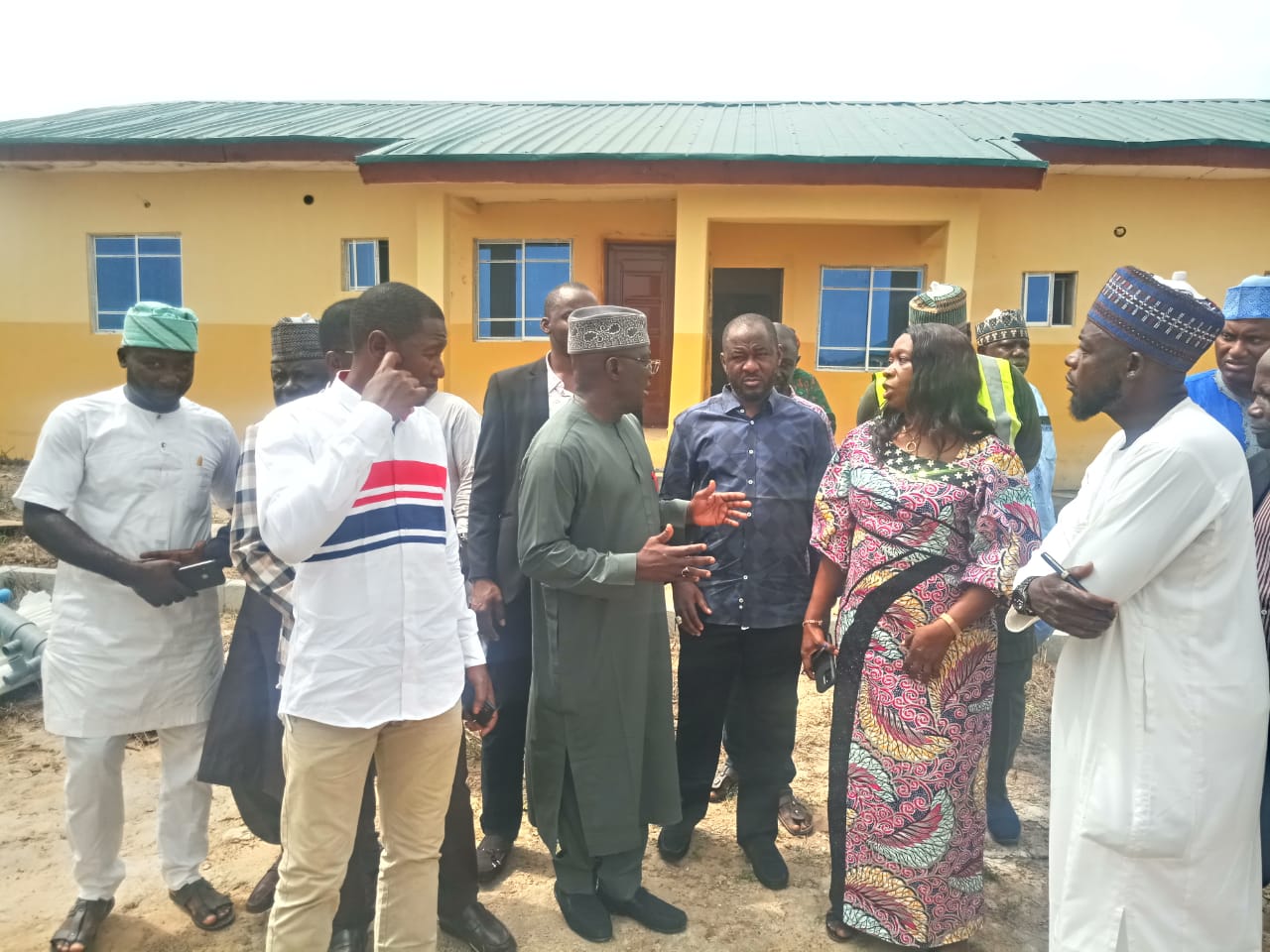EU project moves to protect children in Almajiri schools
By Zubairu Idris
The Action Against Child Trafficking in Persons and Smuggling of Migrants in Nigeria (A-TIPSOM), on Thursday organised a workshop to assess the Almajiri system and its impact on child trafficking in Northern Nigeria.
The word “Almajiri” is derived from the Arabic word “al-Muhajir”, which refers to a person who migrates from his home in quest for Islamic knowledge.
The workshop was also to explore ways to counter the trafficking and exploitation of the Almajiri school children in Nigeria.
The News Agency of Nigeria (NAN) reports that A-TIPSOM is a project funded by the European Union (EU), and implemented by Spain based International and Ibero-American Foundation for Administration and Public Policies.
The workshop held in Katsina with the theme: “Countering the Trafficking of ‘Almajiri’ Child”, was in collaboration with Almajiri Child Right Initiative (ACRI) and the Network Against Child Trafficking, Abuse and Labour (NACTAL).
The Project Team Leader, Mr Federico Milan, represented by A-TIPSOM Technical Adviser, Mr Sani Dantuni-Bello, said the workshop was designed to address the complex issues surrounding the Almajiri system and its impact on child trafficking in the region.
“The primary goal of the workshop is to engage with relevant stakeholders, including state and non-state actors.
“To fulfill their obligations under the law in protecting and supporting Almajiri children, thereby reducing their vulnerability to trafficking, smuggling and improving their lives,” he said.
Milan added that the project would strengthen the capacity of local authorities, civil society organisations and communities to prevent and respond to cases related to Almajiri-related trafficking and smuggling.
He said that the aim was to raise awareness and understanding of the challenges posed by the Almajiri system and emphasise the potential benefits of its reform.
According to him, it will highlight the roles each community member can play in supporting the initiative.
“It is expected to establish a forum that will serve as a critical platform for fostering collaboration among stakeholders within the community.
“All with the common objective of reforming behaviors and improving the conditions of Almajiri children,” he said.
In his remarks, the NACTAL National President, Mr Abdulganiyu Abubakar, said that the interaction would help efforts in addressing the plight of Almajiri children.
According to him, this would be by making state and non-state actors to identify and protect the children from human traffickers.
He expressed the hope that the intervention would open doors for other partners to come in and assist.
Also speaking, Hajiya Baraka Suleiman, the ACRI Team Leader in Katsina State, said they had supported many Almajiri children, including sponsoring their education in formal schools.
NAN reports that the participants included government officials, representatives of security agencies, Civil Society Organizations, NAPTIP and relevant agencies, as well as Quranic school teachers, among others. (NAN)(www.nannews.ng)
=========
Edited by Maharazu Ahmed




